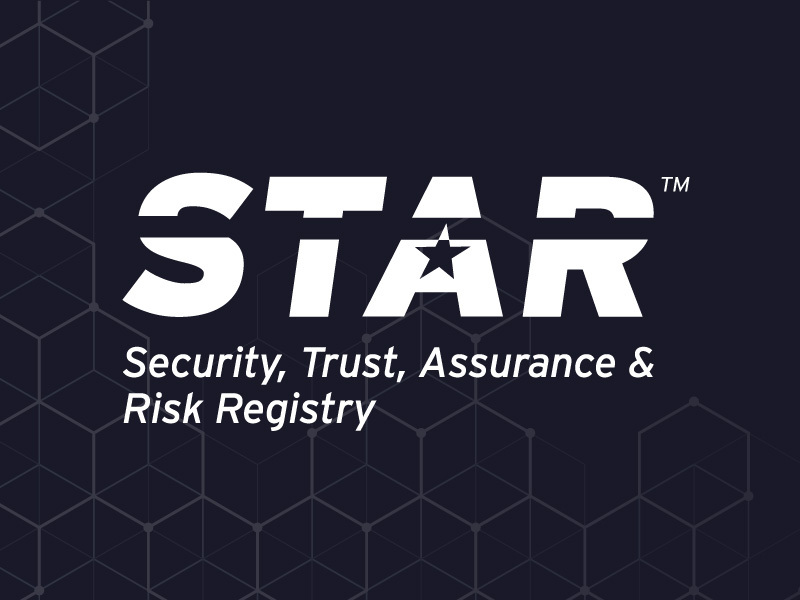Cracking the Code: How to Protect Secrets in Dev Environments
Published 10/18/2023
Originally published by BigID.
Written by Sarah Hospelhorn, Chief Marketing Officer, BigID.
As the digital ecosystem continues to grow, so does the risk of data breaches and security vulnerabilities. One common and overlooked danger is the presence of “secrets” in code repositories.
Secrets, which include API keys, tokens, usernames, passwords, and security certificates, are often necessary components for software to interact with other services. However, if they’re not managed, it can lead to disastrous consequences, including significant data breaches.
Sensitive data often ends up in code repositories – it’s easy to spin up a duplicate environment, store secrets in code, and difficult to monitor. Secrets in dev environments represent significant risk: we’ll explore why they’re such a big issue and how to mitigate this data security challenge.
Why Are Secrets Commonly Found in Code Repositories?
Convenience and Collaboration
Developers find it convenient to store static secrets and configuration files containing passwords along with the code they develop. This is often done in the name of efficiency and collaboration, especially when multiple teams work on different parts of an application. Additionally, in a Continuous Integration/Continuous Deployment (CI/CD) world that prizes speed and collaboration, code snippets are often shared openly, even when they contain secrets.
Oversight
Secrets-in-code remains one of the most overlooked vulnerabilities in security, despite being a priority target in some of the biggest breaches of late. Despite the potential dangers, the need for speed and ease sometimes overshadows the importance of security hygiene, making it a lower priority for development teams.
Why Are Secrets in Dev Environments a Risk?
The External Threat
Even a small snippet of code containing secrets can cause unprecedented damage. Attackers can use these exposed secrets to escalate privileges and move laterally within a system, undetected, until it’s too late and the data has been exploited or sold on the dark web.
The Internal Threat
When secrets are hard-coded into repositories, they become accessible to anyone who has access to the code, including third-party contractors and potentially rogue developers. This undermines the principles of least privileged access, thereby providing the ability for unauthorized users to gain access to sensitive areas of the production systems.
Managing the Risk: How Can Organizations Protect Themselves?
Advanced Detection Tools
Companies offer AI and ML-based data discovery and classification capabilities specifically designed for secrets detection. These tools can scan the entire software development ecosystem, including platforms like GitLab, GitHub, Jira, Confluence, and many more, to find secrets proactively.
Remediation and Ongoing Protection
Once identified, secrets should be removed, deleted, and/or locked down, and consistent policies should be adopted for handling them in the future – including regular scans, classification, and alerts on new or modified secrets appearing in code repositories. Advanced detection tools also offer streamlined and automated remediation techniques that mitigate the risk of exposure continuously.
Minimize the Risk of Secrets in Dev Environments
In an era where data breaches are becoming more frequent and costly, failing to manage secrets in code repositories is a risk organizations cannot afford. Whether you’re a developer or a security engineer, understanding and addressing the hidden dangers of storing secrets in code repositories is critical. It’s not just about avoiding the next big breach; it’s about protecting the integrity of your systems, your data, and ultimately, your customers.
Unlock Cloud Security Insights
Subscribe to our newsletter for the latest expert trends and updates
Related Articles:
How CSA STAR Helps Cloud-First Organizations Tackle Modern Identity Security Risks
Published: 02/13/2026
The Great Divide: How AI Is Splitting the Cybersecurity Landscape
Published: 02/12/2026
Offboarding Under Pressure: How to Keep SaaS and AI Data Secure During Layoffs
Published: 02/10/2026









.jpeg)